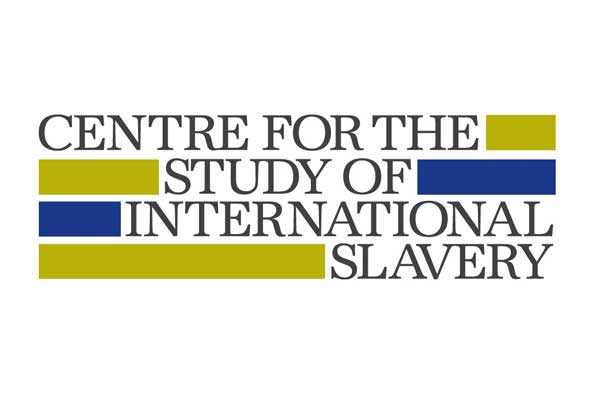
Research as more than extraction? Knowledge production in post-conflict Africa - Dr Allen Kiconco, University of the Witwatersrand
Add this event to my calendar
Click on "Create a calendar file" and your browser will download a .ics file for this event.
Microsoft Outlook: Download the file, double-click it to open it in Outlook, then click on "Save & Close" to save it to your calendar. If that doesn't work go into Outlook, click on the File tab, then on Open & Export, then Open Calendar. Select your .ics file then click on "Save & Close".
Google Calendar: download the file, then go into your calendar. On the left where it says "Other calendars" click on the arrow icon and then click on Import calendar. Click on Browse and select the .ics file, then click on Import.
Apple Calendar: The file may open automatically with an option to save it to your calendar. If not, download the file, then you can either drag it to Calendar or import the file by going to File >Import > Import and choosing the .ics file.
Dr Allen Kiconco received her PhD in African Studies from the Department of African Studies and Anthropology, the University of Birmingham. She is a Postdoctoral Fellow at the University of the Witwatersrand, in the Department of Political Studies. Dr Kiconco works on the lived experiences of women and girls in both conflict and post-conflict settings of Africa, including abduction, captivity, forced labour, sexual slavery, forced marriage and forced pregnancy. This work includes extensive fieldwork with former combatants and sexual violence survivors in northern Uganda and Sierra Leone. Her current research with the Conjugal Slavery in War project attempts to connect wartime forced marriage experiences across Uganda and Sierra Leone. These experiences have contributed to a specific focus on the methodological and ethical procedures researchers use when undertaking fieldwork focusing on sexual violence, and how different forms of knowledge regarding sexual violence in Africa are produced and consumed. Her book ‘Conflict, Reintegration and Gender in Uganda: Returning Home?’ is under contract with Routledge.
